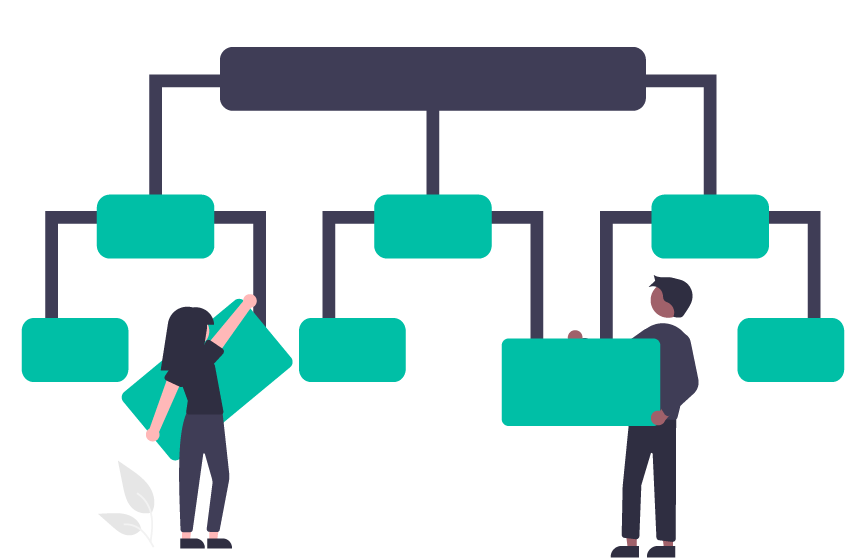Exploring the Benefits of Concept Maps
Concept maps are a visual representation of concepts and their relationships. They allow users to decompose concepts into smaller components and arrange them in a hierarchical structure. Concept maps have been proven to enhance learning, problem-solving abilities, and boost knowledge retention.
#Key Learning Enhancements
| Benefits | Description |
|---|---|
| Enhanced Learning | Concept maps provide a framework for organizing and representing knowledge. They help identify relationships and connections between concepts which improves understanding. |
| Improved Problem Solving | Deconstructing problems into smaller concepts allows for systematic analysis. Identifying relationships highlights cause-and-effect connections to facilitate solving complex issues. |
| Increased Retention | The visual and spatial organization of concepts makes knowledge easier to comprehend and retrieve. Memory is better facilitated through visual and graphic processing. |
| Effective Knowledge Sharing | Concept maps present information in a clear organized structure which makes the communicated knowledge clearer and simpler to grasp for others. |
While concept maps are effective learning and thinking tools, creating good quality concept maps by hand can be quite time-consuming and tedious. This is where an online concept mapping tool like Visual Paradigm’s Smart Board can help users create professional concept maps efficiently.

#Powerful Knowledge Sharing Tool
As a FREE online tool, Smart Board offers a powerful concept map tool to help users visualize relationships between concepts. It features predefined templates and customizable nodes/connectors to represent ideas visually. Users can leverage over 15 ready-to-use chart types including concept maps to break down information systematically.
With Smart Board’s rich set of features, users can capture ideas easily, link relevant information through hyperlinks, add virtual sticky notes for contextual details. The tool also allows collaboration through cloud workspaces where multiple users can access and work on concept maps simultaneously. Concept maps can be exported in multiple formats for sharing or including in presentations and documents.
To summarize, concept maps are an effective visual tool that enhances learning, problem-solving and remembering complex information. While creating them manually can be time-intensive, Smart Board provides a FREE online platform for users to leverage its fully-featured concept mapping tool and craft high-quality concept maps with ease.
FAQs:
Q. What are some examples of how concept maps are used?
A: Concept maps are commonly used in education to brainstorm topics, understand relationships between ideas, and assess understanding. They are also applied in fields like psychology, nursing and healthcare to analyze patient cases or model domains of knowledge.
Q. How do concept maps compare to mind maps?
A: While concept maps and mind maps are both diagramming tools, concept maps focus more on relationships between concepts in a hierarchical structure. Mind maps have a more radial, graphic organization of ideas linked to a central theme.

Concept mapping is a powerful knowledge modeling technique with proven benefits. By leveraging visual concept mapping tools like Smart Board, those benefits can be realized efficiently without spending significant time creating maps manually. The free online tool simplifies knowledge capturing and sharing through its rich features.
This post is also available in Deutsche, Español, فارسی, Français, English, Bahasa Indonesia, 日本語, Polski, Portuguese, Ру́сский, Việt Nam, 简体中文 and 繁體中文.

















